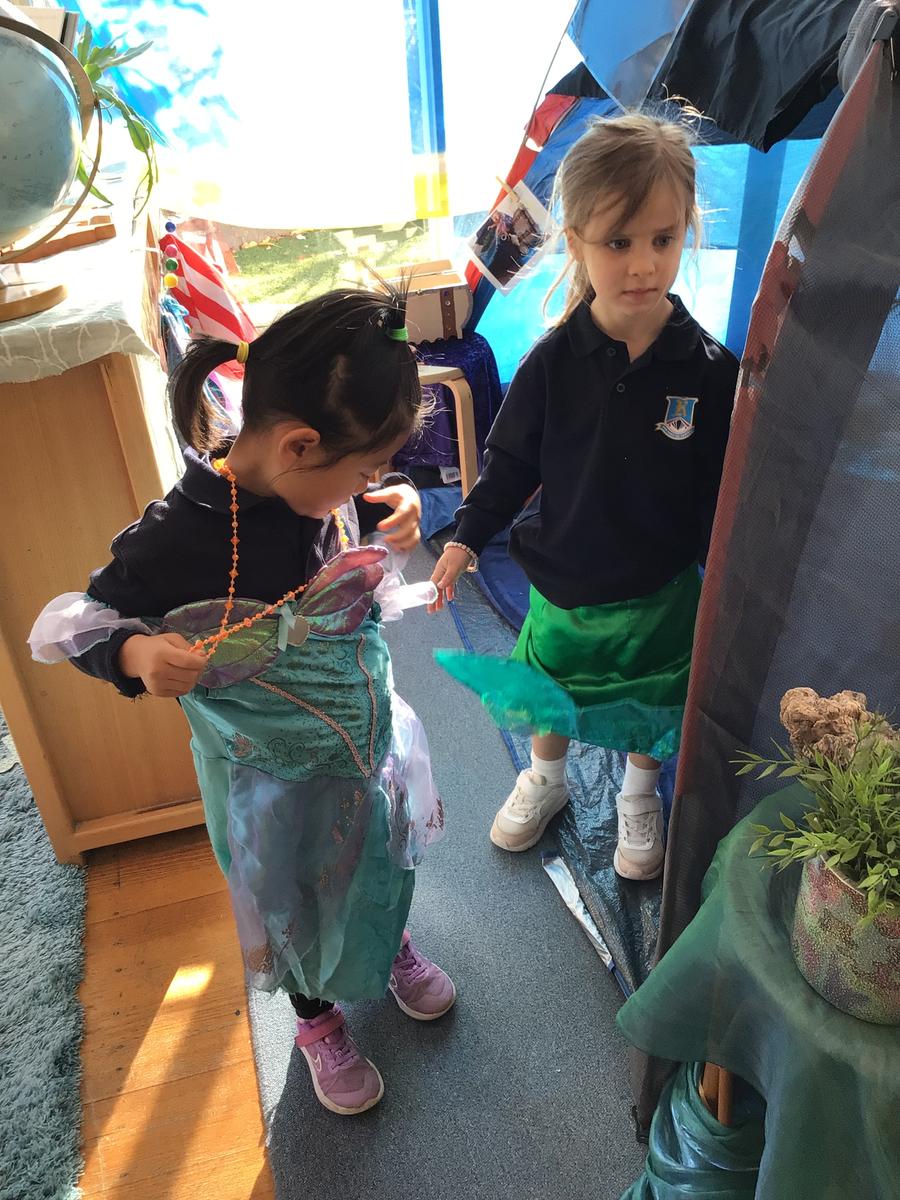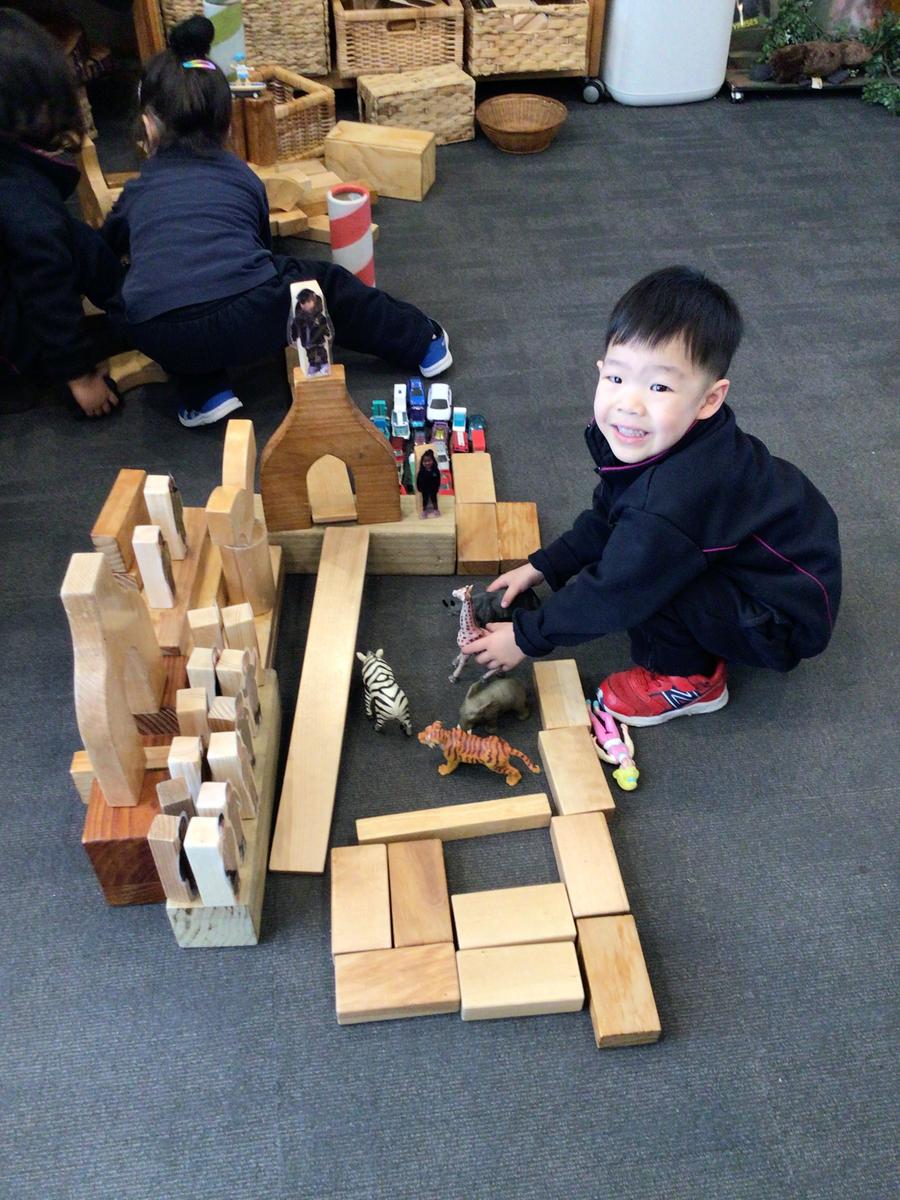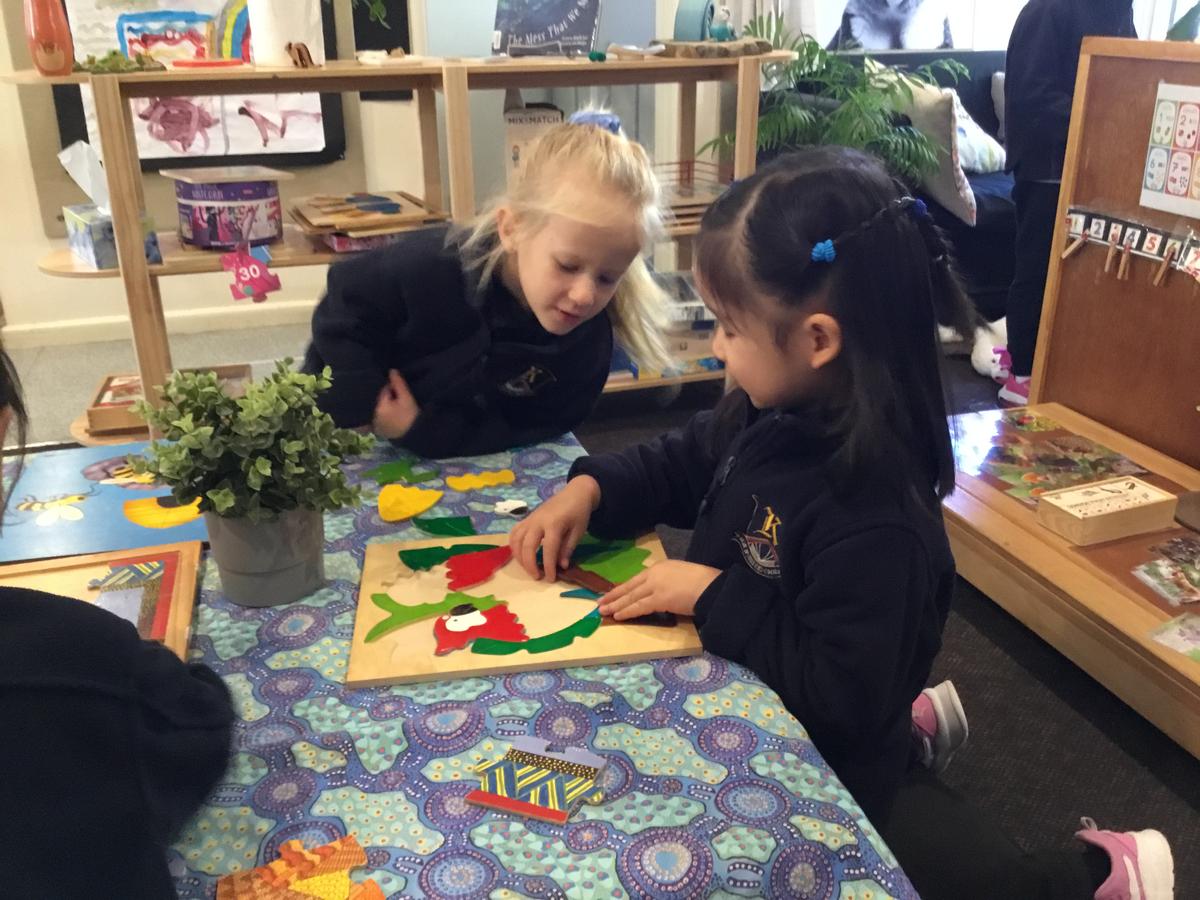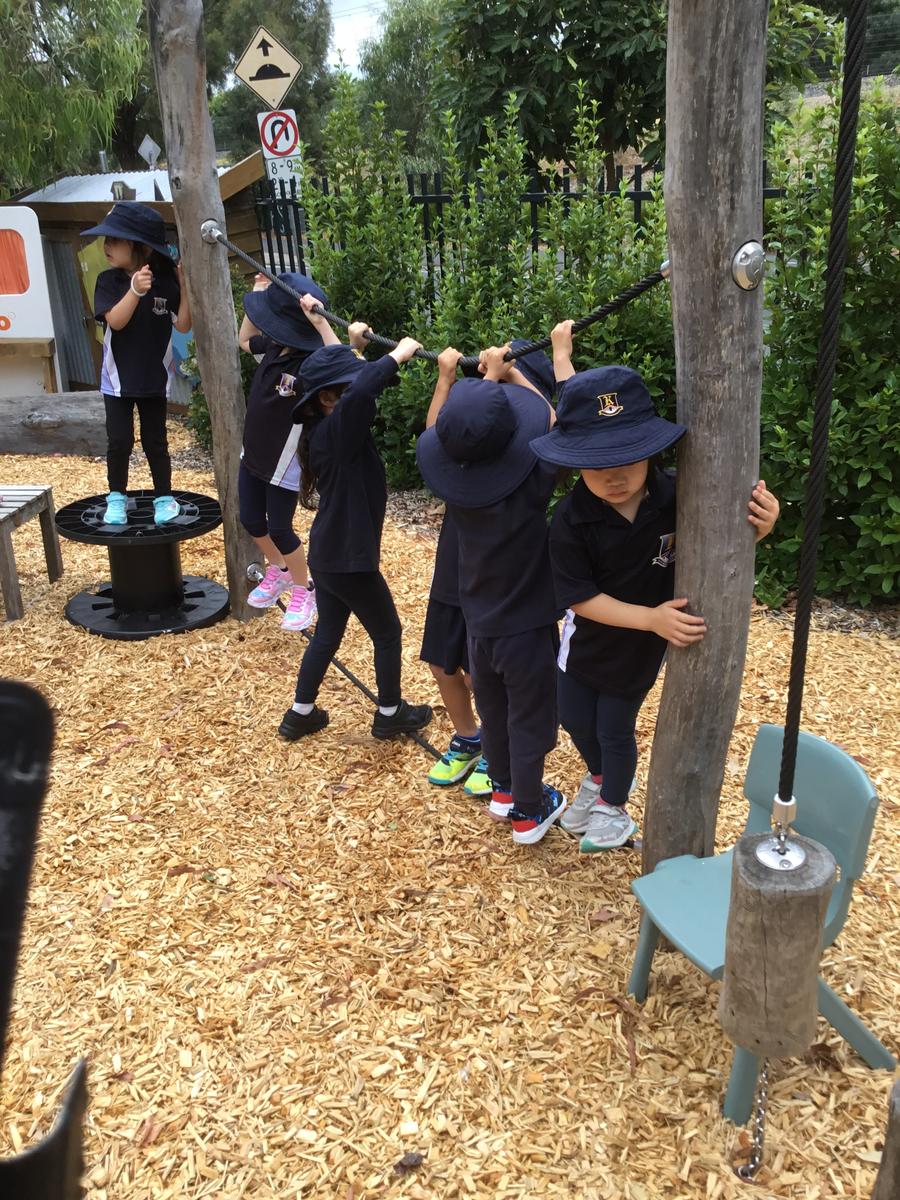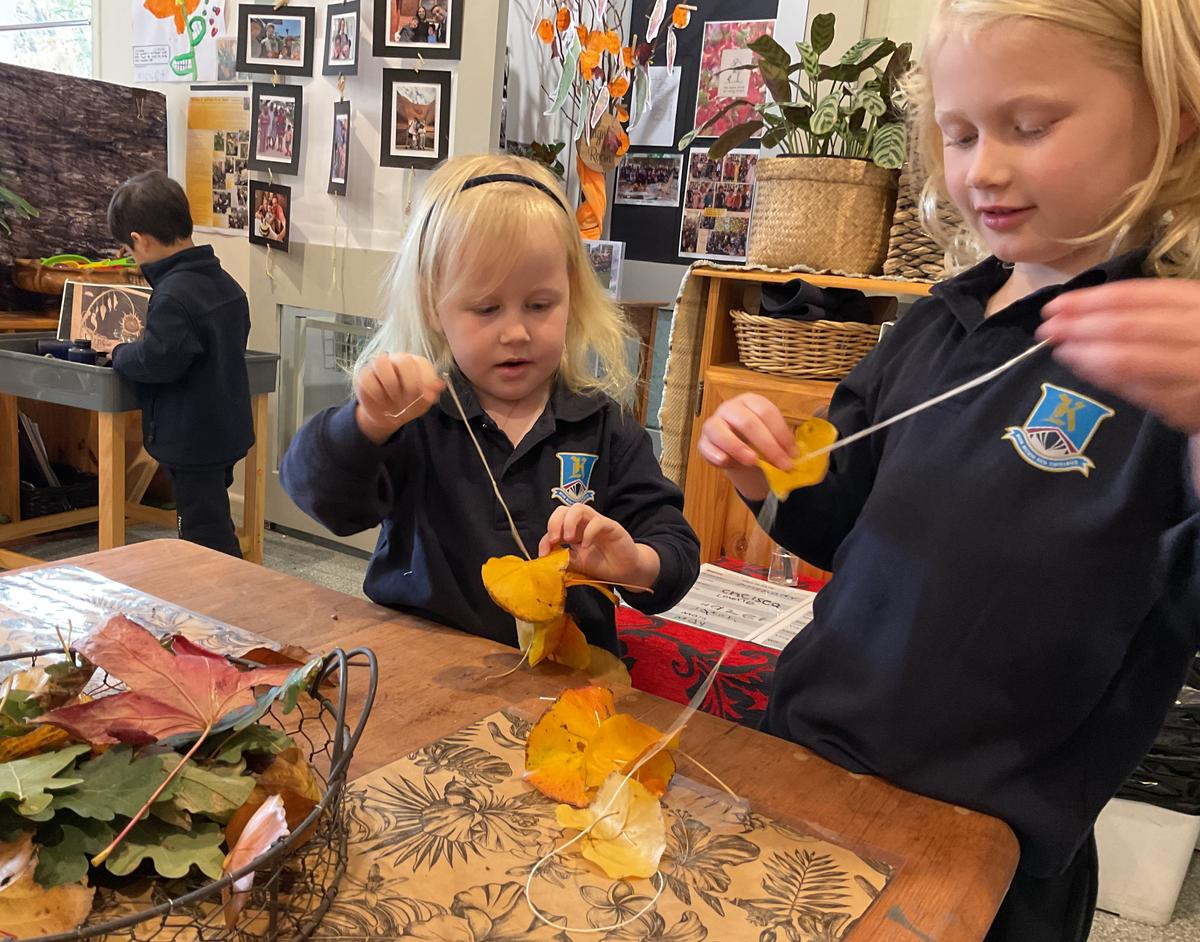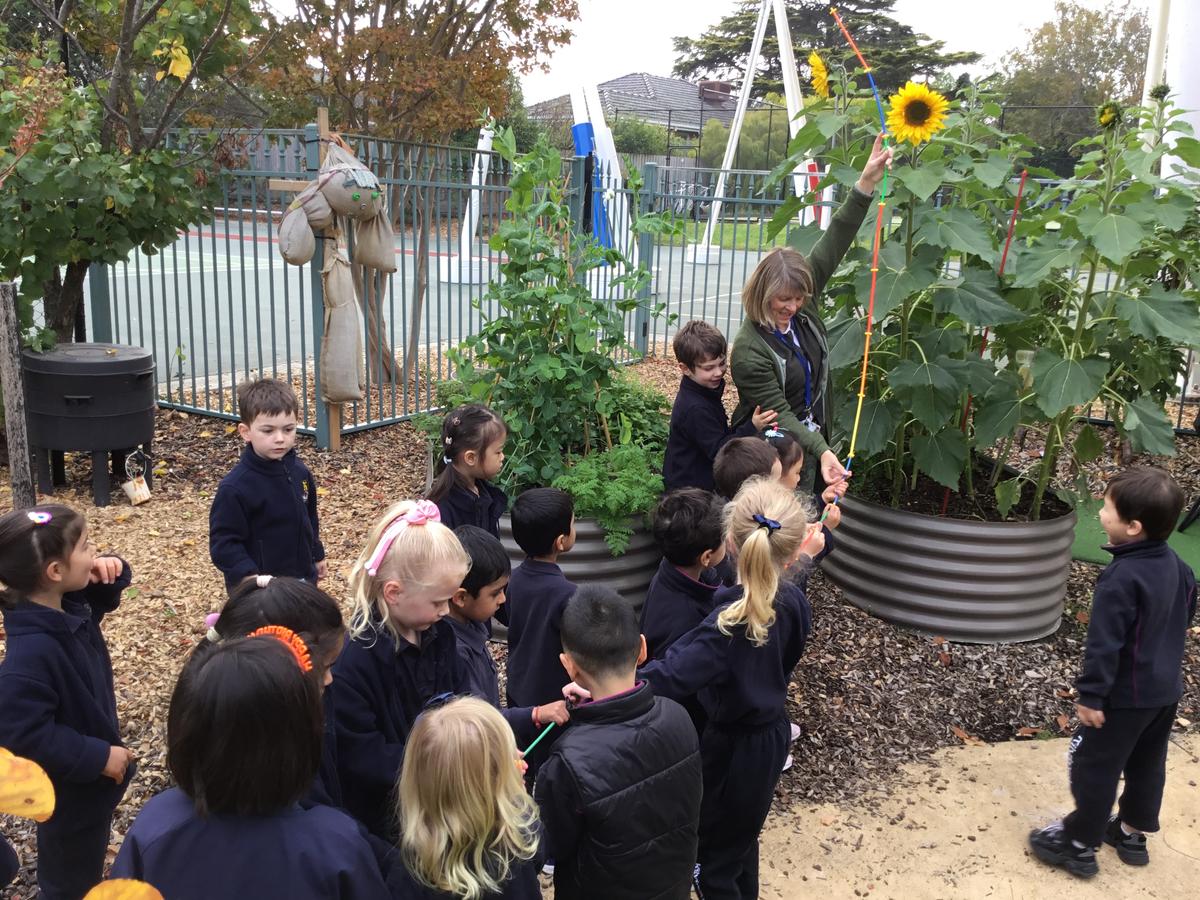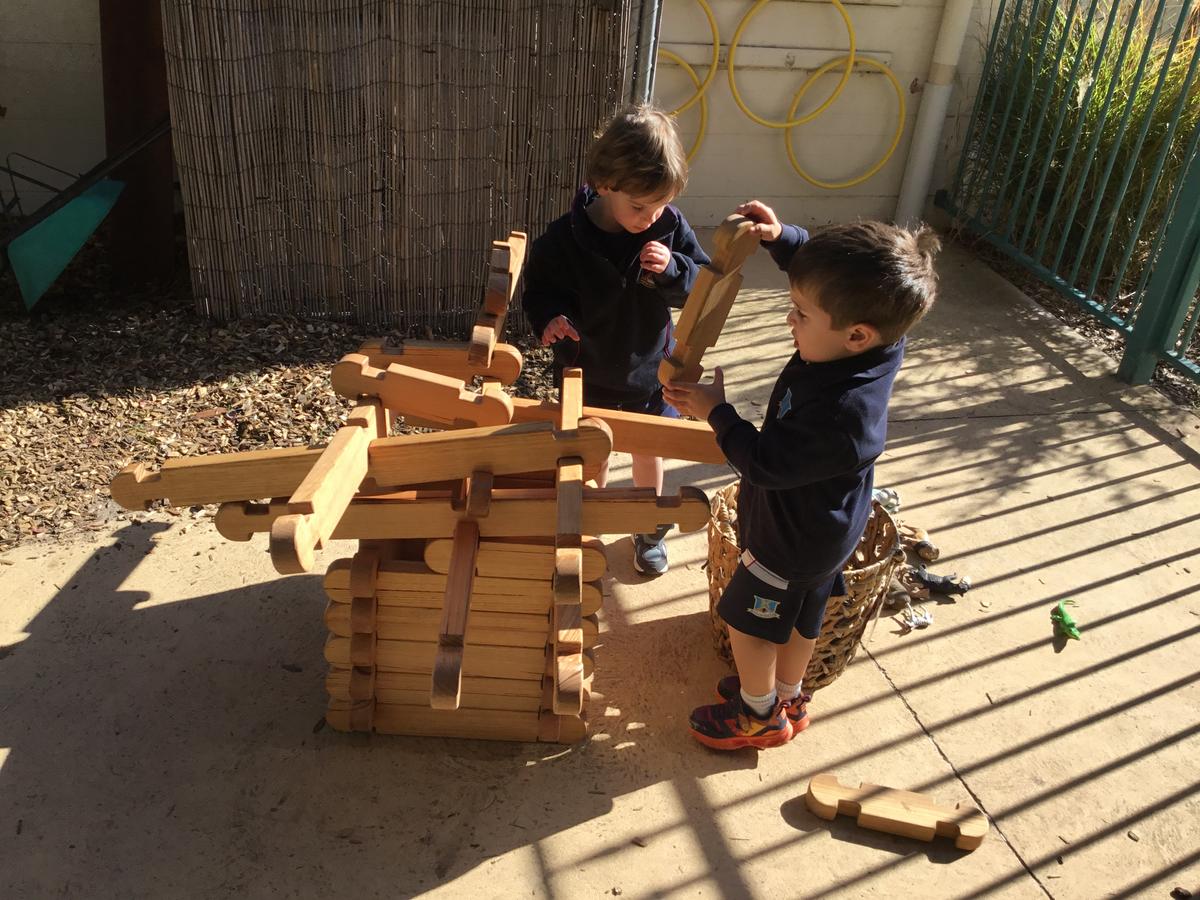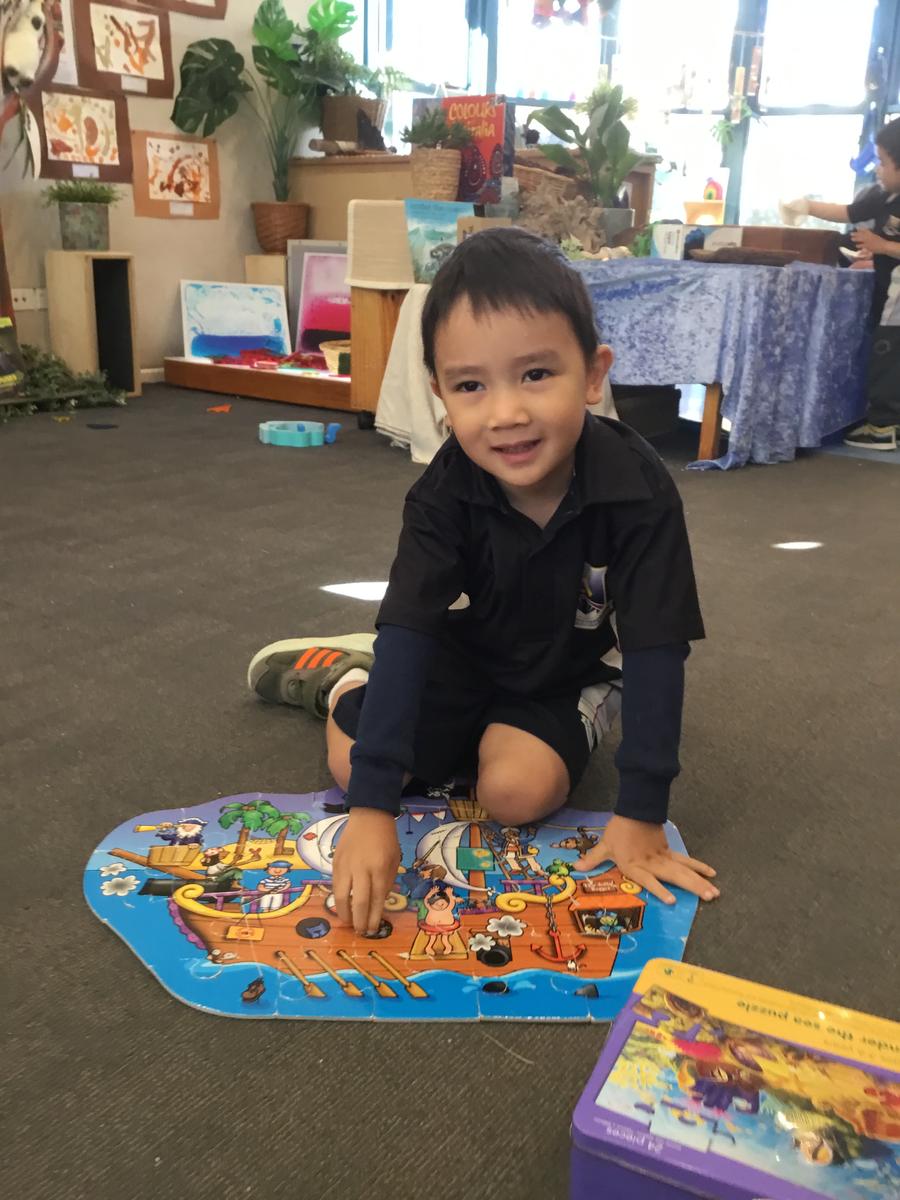ELC News

Lyn Pewtress, Director of the ELC
Cultivating 'perseverance' in the ELC
Kilvington’s Character Initiative is a unique program that emphasises essential character traits such as compassion, respect, curiosity and perseverance, helping our students to thrive both now and in the future.
Our ELC wholeheartedly embraces these core character strengths and recognises their importance in our early years curriculum.
This year, Kilvington has chosen to particularly highlight 'perseverance' as a key focus.
WHAT IS PERSEVERANCE?
Perseverance is the ability to persist in the face of challenges and setbacks, continuing to strive towards goals despite difficulties.
It's a vital trait for success in early childhood learning. In the ELC, we value effort and persistence, integrating experiences that require perseverance and celebrating children’s efforts and achievements.
BENEFITS OF PERSEVERANCE FOR YOUNG LEARNERS
Here are some key benefits of perseverance for young learners:
- Cognitive Development - Perseverance helps children develop problem-solving and critical thinking skills. It cultivates the ability to tackle complex tasks.
- Emotional Regulation - Learning to persist despite frustrations builds emotional resilience, helping children to manage their emotions better.
- Academic Achievement - Persistent children are more likely to succeed academically, as they are better equipped to handle challenges and setbacks.
- Lifelong Learning - Early development of perseverance sets the foundation for a lifelong love of learning and the ability to pursue long-term goals.
ACTIVITIES TO BUILD PERSEVERANCE
Practical early childhood activities to build perseverance may include:
- Puzzles - Engaging children in puzzles that progressively increase in difficulty, encouraging them to persist until they successfully complete them.
- Storytelling and Reading - Reading stories about characters who face and overcome challenges, and sharing 'chapter stories' that require returning to the storyline over time.
- Art Projects - Engaging children in long-term art projects that involve a process requiring sustained effort, such as creating a mural or working on a large-scale artwork.
- Physical Challenges - Setting up obstacle courses or physical challenges that require determination and repeated attempts to complete.
- Interactive Games - Playing games that require strategic thinking and multiple attempts to succeed (or not), such as board games.
By fostering perseverance in early childhood, we can empower children with the resilience and determination needed to succeed in their educational journey and beyond.

